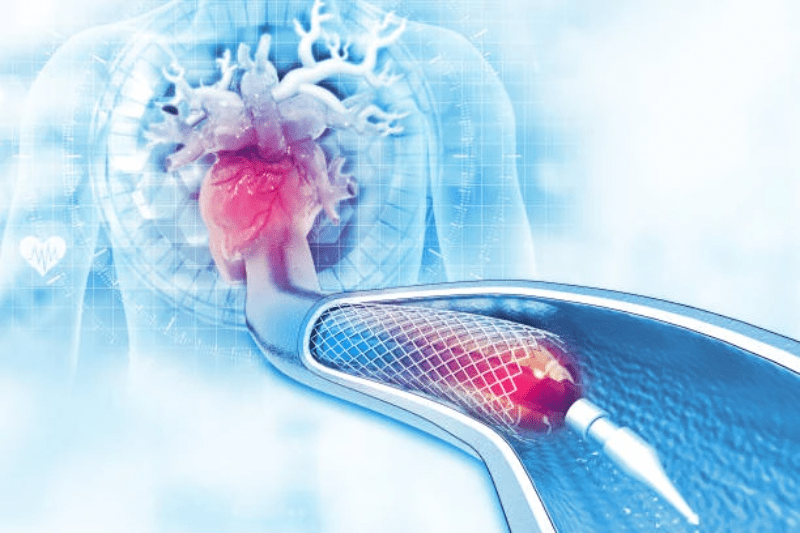
Vascular surgery is a surgical subspecialty that treats diseases of the arteries, veins, and lymphatic system. The specialty provides medical therapy and reconstructive surgery for patients with diseases affecting the vascular system. Some common conditions that require vascular surgery include aneurysms, arteriosclerosis, and peripheral artery disease. This article will discuss some of the procedures that are used to treat vascular disease.
Vascular disease affects blood vessels in the legs, arms, and abdomen. It's caused by a buildup of plaque that can clog the arteries, causing complications such as heart attack, stroke, aneurysm, and kidney problems. Some of these conditions are rare. Congenital vascular disease can be caused by clotting disorders or birth defects. Symptoms may not manifest until the disease is advanced. There are different types of vascular surgery. Visit modernvascular.com/clinics/houston/ to get yhe best info on vascular surgery.
The field of vascular surgery consists of many different procedures aimed at treating blood vessels and arteries. The goal of these procedures is to restore blood flow to the affected area. A condition called atherosclerosis can lead to thickened peripheral arteries, and tissue death in the legs and arms. In addition, the carotid arteries are affected, increasing the risk of stroke. These procedures can help patients avoid these risks and improve their quality of life.
Vascular surgery is a type of elective surgery that restores blood flow to a damaged area of the body. It involves making an incision in the abdomen to access the abdominal aorta. The surgeon then sutures a piece of fabric to the ends of the aorta, redirecting blood around blockages. Most vascular surgeries are performed by a board-certified vascular surgeon. So, if you've ever wondered what vascular surgery is all about, you've come to the right place.
Vascular surgery involves an incision in the abdomen to access the abdominal aorta. A surgeon then sutures a fabric graft into the abdominal aorta to redirect blood flow around the blockage. Once the graft is inserted, the surgeon will fix the weakened area. Ultimately, vascular surgery can improve the health of your entire body. The surgical procedure has many advantages. If you're suffering from any of these diseases, you should consult a vascular surgeon to determine your best course of action. You can gey more insight about vascular surgery on this blog.
Because the vascular system is so vital, surgery is the only effective way to repair it. Invasive procedures require a small incision in the abdomen to reach the aorta and bypass blockages. Some of these procedures involve the use of minimally-invasive methods like angioplasty and bypass surgeries. A vascular surgeon's main concern is to restore the blood flow in an area that has undergone severe damage.
Besides treating a variety of conditions, vascular surgery can also help you achieve a healthy lifestyle. For example, if you suffer from a heart disease, a vascular surgeon can repair the artery and restore blood flow. For people with a severe condition, a vascular surgeon can perform a bypass operation to help them walk and resume normal activities. The procedure can also be performed by an expert on a cadaver or a patient. You can learn more about this article at: https://www.encyclopedia.com/medicine/encyclopedias-almanacs-transcripts-and-maps/vascular-surgery-0.